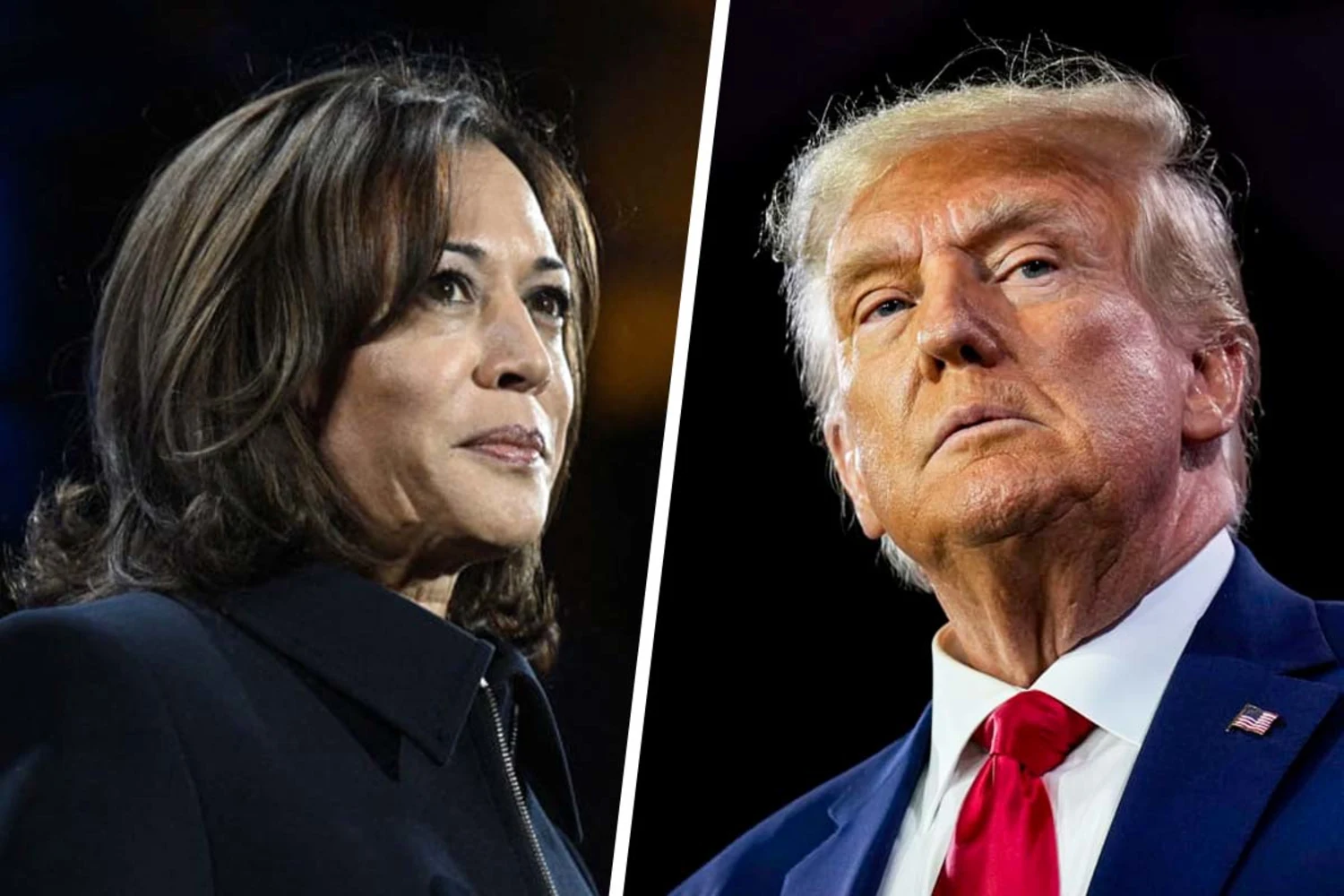As the 2024 US presidential process continues, Palestinians await the poor days no matter who, between Donald Trump and Kamala Harris, will be elected. The two contenders, one belonging to the democratic party and the other one from the republican party, as two extremes of the American political spectrum, are expected to keep such policies to keep the ongoing genocide of Gaza afloat, according to the locals and history.
Biden’s administration supplies the militarily strong ally Israel with all the necessary military support and strengthens the humanitarian issue in Gaza starting on October 7, 2023. This support has helped protract the Israel Defence Forces’ operation against Gaza, which has killed over 39,000 Palestinians and leveled or destroyed most of the infrastructure in the open prison. Palestinians, noticing how Biden was coming up in support of Israel on numerous occasions, do not expect a Harris presidency to bring a change.
Next in the line as the Democratic party’s primary contender after Biden pulled out of the race is Kamala Harris, a staunch supporter of Israel throughout her political career. A senior political analyst states that it is unfortunate that she also has a history with the American Israel Public Affairs Committee, referred to as AIPAC.
This lobbying group supports Israel’s policies that many Palestinians perceive as apartheidism. In March 2017, Harris told AIPAC that she would stand for Israel’s right to defend itself and for maintaining strong U.S.-Israeli security ties. For this reason, Palestinians do not believe that her presidency will be different from Biden’s administration.
For their part, many Palestinians, however, believe that the emergence of Donald Trump again into the White House could make things worse for them. His prior administration was characterized by a strong affinity to Israel by administrating decisions such as recognizing Jerusalem as Israel’s capital and supporting settlements in the West Bank. For instance, Asmaa Nimilaat, a woman from Gaza, observed that Trump would make the situation worse in Gaza, though ANY candidate would be incapable of supporting Palestinians effectively.
Unfortunately, what used to be a source of hope for Palestinians has now turned into a big letdown as the U.S. political system becomes a cause for frustration. Raed Debiy, a political science expert at the An-Najah National University in Palestine, also strongly dislikes Biden as likely another weak leader who does not confront Israel on the latter’s assertive policies.
Debiy states that the United States provides Israel that level of support, which is akin to the support provided to a state that is the fifty-one of the United States, thereby endorsing Israel’s military aggression and territorial annexation across the West Bank.
Still, Harris has considerable support from the Democratic delegates, but Palestinians are still skeptical about the changes she will bring. Critics like Fathi Nimr also opined that they have not seen any sign that Harris will change this policy of America towards Israel drastically. The support shown to AIPAC and her past remarks suggest that more of the same is likely in the offing.
Some people cast a small ray of light in that Harris might be more aggressive with Israeli Prime Minister Benjamin Netanyahu and bring in world pressure to play the negotiation card. But such a shift is considered by many as a minimum change far from the multiple support that both Harris and Trump are expected to provide to Israel.
The disillusionment among Palestinians extends to far-reaching discussions in the United States about advocacy against genocide and presidential elections. They have been debated even within solidarity movements, as social media discourse on the relationship between the struggles of Black and Palestinian people has recently appeared. The tension can be understood considering that the show cast doubts about the ability of US presidential candidates to fight for the oppressed and genocides.
This is not about Obama or McCain for people like Ibrahim Nabeel, a volunteer medic in Gaza. The only thing they want to know is, will the new president stop the Genocide and meet their Needs? The day-to-day experiences of the cruel realities of war, such as constant bombings and increasing losses, overshadow U.S. politics and the process of election.
As the election campaign progresses, the central issue remains its implication for Palestinians and the consequence of the United States’ support to Israel. In any case, whether it is Trump or Harris entering the White House, Palestinians expect the indefinite continuation of ravaging policies supported by America and the continuation of the genocidal cycle in Gaza. The call for the cessation of genocide and the rethink of the US policy towards Israel remains still a mere fantasy for the suffering parties to this war.















